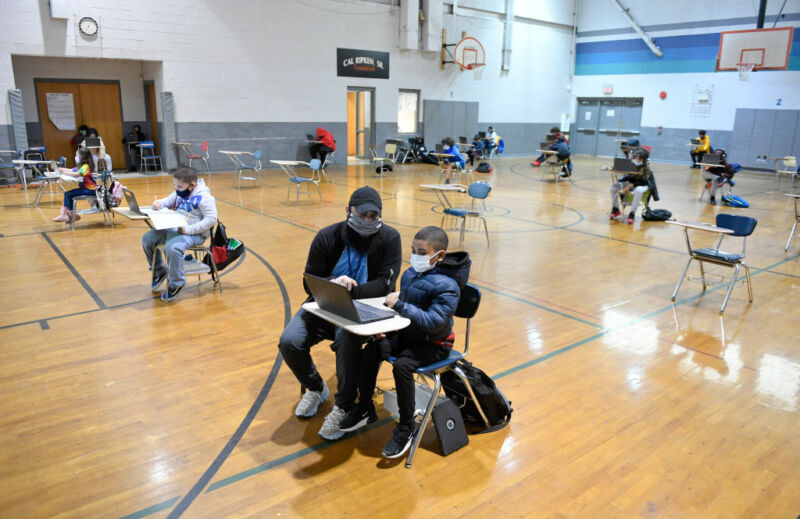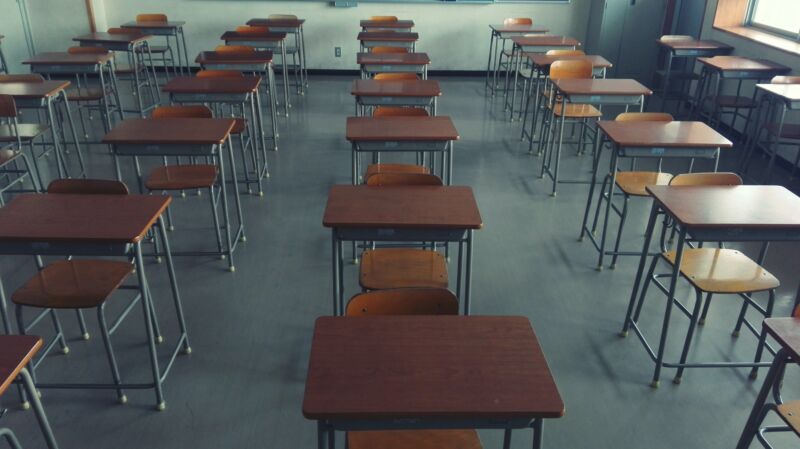How did a small, relatively poor country become an educational powerhouse? Creativity, autonomy and a deep embrace of the digital age
Today’s subject in the sci-fi class at Pelgulinna State Gymnasium is Blade Runner. Thursdays are “voluntary” lesson days, where students at this upper secondary school in Estonia’s capital, Tallinn, can choose from a range of subjects; others taking place today include a rights and democracy course, programming and creative writing in English. The seven 17-year-old students in the sci-fi lesson have just finished watching 30 minutes of the film and are preparing to discuss it when I sneak in at the back, switching to perfect English for my benefit. “We’ve talked about Jungian archetypes, persona and the superego,” says Triin, one of the students. “It has been really helpful for me to understand the different aspects of being human and how to create deeper characters.” They’ve also studied Brave New World and 2001: A Space Odyssey. In the few minutes I am there, the students touch on US history, child labour, empathy and more. “I have so many questions,” says Triin.
Me too. How did Estonia, a small country that is relatively poor compared with most of the EU, become an educational powerhouse? In the Organisation for Economic Co-operation and Development’s Programme for International Student Assessment (Pisa) rankings, which measures 15-year-olds’ abilities in maths, reading and science, the top spots are held by a handful of Asian countries, but Estonia ranks next – the best in Europe. Its teachers are highly educated, the focus is on social and personal skills as much as academic learning and the typical curriculum is packed with a wide range of subjects, from robotics to music and arts. British politicians are taking note. In 2022 Labour’s shadow education secretary, Bridget Phillipson,
visited to see what Estonia
is doing right.
Continue reading...
chevron_right


